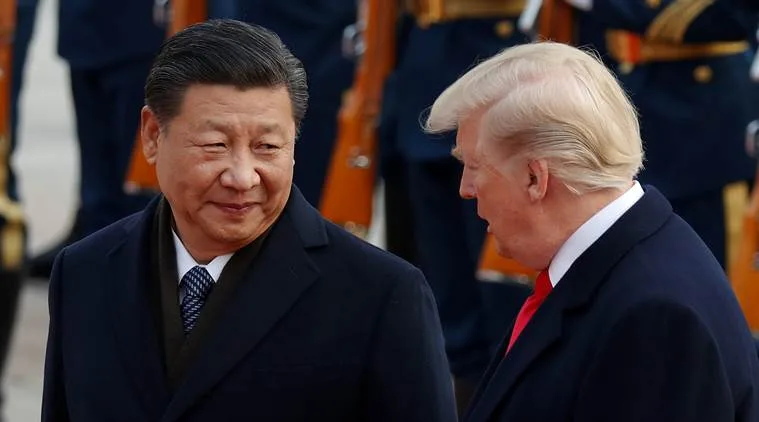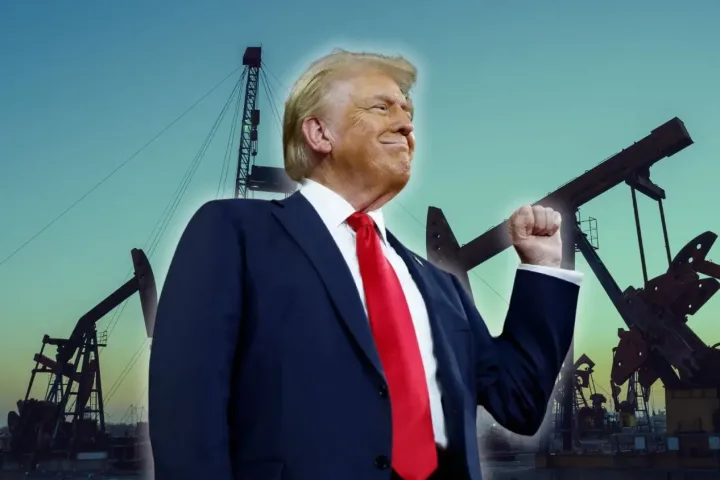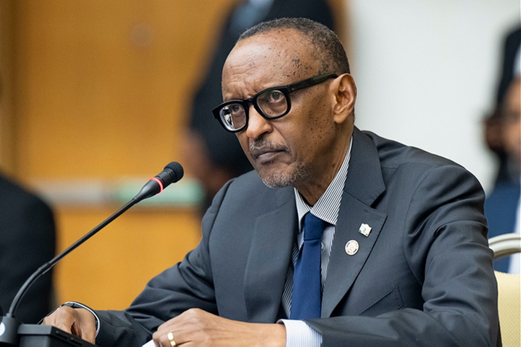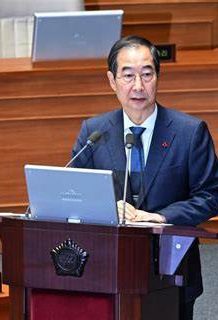China has announced a significant increase in tariffs on U.S. goods, raising them from 84 per cent to 125 per cent, effective from Saturday, 12 April 2025.
This latest development, which was announced on Friday, 11 April, is a direct response to the U.S. decision to impose higher tariffs on Chinese imports, escalating the ongoing trade war between the two economic giants.
Join our WhatsApp ChannelIn a statement on Friday, China’s Finance Ministry accused the U.S. of arbitrarily imposing abnormally high tariffs on China, stating that it violates international economic and trade rules.
“The U.S.’ arbitrary imposition of abnormally high tariffs on China seriously violates international economic and trade rules, disregards the post-World War II global economic order built by the U.S. itself, and violates basic economic laws and common sense,” China’s Finance Ministry stated while announcing the tariff hike.
The ministry stated that continuing with the imposition of higher tariffs by the U.S. will no longer make any economic sense, adding that it would “become a joke in the history of the world economy.”
READ ALSO: Global Markets Breathe A Sigh Of Relief As Trump Announces 90-Day Tariff Pause
China also stated that it would ignore further U.S. tariff hikes, as the current levels already render U.S. goods uncompetitive in the Chinese market.
It described the U.S. actions as a “numbers game” and vowed to “resolutely counterattack and fight to the end” if the U.S. continues infringing on its interests.
Meanwhile, China has filed a complaint with the World Trade Organization (WTO), blaming the U.S. for causing “serious shocks and severe turbulence” in the global economy
President Trump, who announced a global reciprocal tariff on 2 April with a baseline of 10 per cent, jerked up that of China to 125 per cent.
He announced a 90-day pause for other countries but excluded China.
READ ALSO: Concerns About Trump’s New Tariff Collasping AGOA: The Way Forward
An additional 20 per cent tariff tied to fentanyl brings the total U.S. tariffs on China to 145 per cent.
The U.S. president defended the tariffs, accusing China of disrespecting global markets.
Market Reactions
Reports indicate that China’s announcement of the tariff hike triggered declines in European and U.S. stock markets, with the S&P 500 and Dow Jones falling, and the dollar slipping against the euro.
Analysts warn of heightened recession risks and potential inflation spikes due to the trade war.
Broader Implications
Global Supply Chains: analysts have expressed concerns that the escalation threatens to disrupt global trade further, with China seeking allies to counter U.S. policies, though some nations may hesitate to align with Beijing.
Negotiation Prospects: While China remains open to dialogue, it has labeled U.S. pressure tactics as a “non-starter” for meaningful talks. Analysts doubt a substantive deal can be reached due to deep mutual distrust.
This retaliatory move marks a new peak in the U.S.-China trade conflict, with both sides digging in for a prolonged economic standoff.
Victor Ezeja is a passionate journalist with seven years of experience writing on economy, politics and energy. He holds a Master's degree in Mass Communication.

















